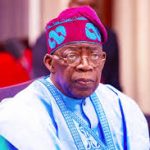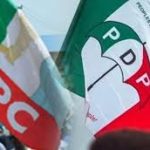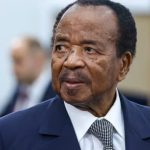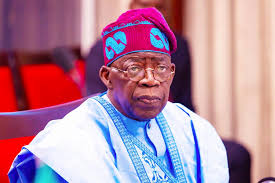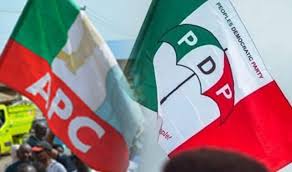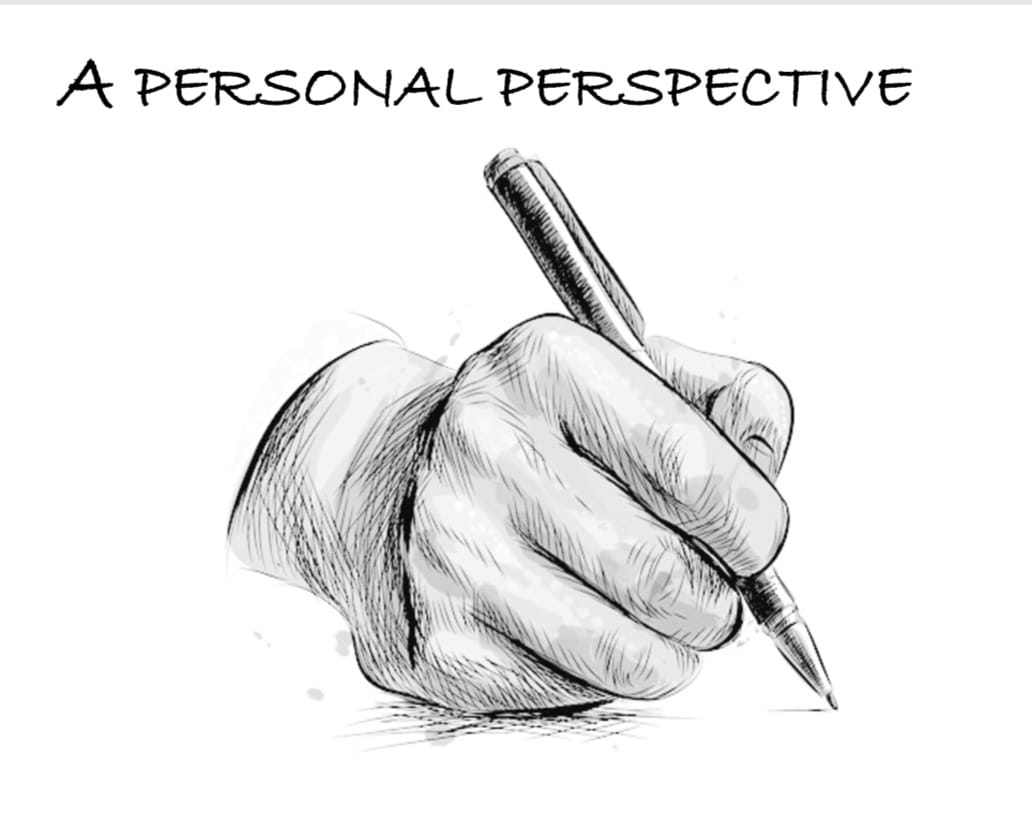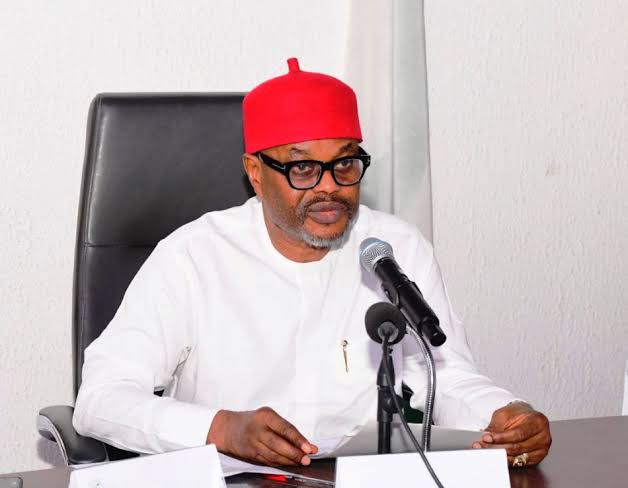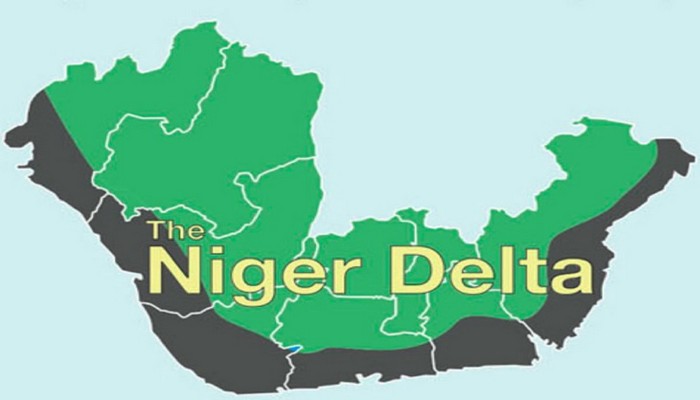From editorial board
President Bola Ahmed Tinubu’s recent presidential pardon for 175 individuals has sparked a firestorm of controversy across the country, and for good reason too. Apart from a few names whose crimes have been subsumed by a wave of deep sentiment with a tidal political shift, the list reads like a “who is who” of drug dealers, murderers, and kidnappers. It is incomprehensible how he came up with some of the names as the best beneficiaries of a presidential pardon.
The government says none of the recipients have been released for now as the names and recommendations in the list will be reviewed to ensure that they “fully comply with established legal and procedural requirements before any instrument of release is issued”, at the final administrative stage.
Many who have seen the names on the list, including many of his own supporters, say it is probably one of the most reckless decisions ever taken by the president and the backlash is absolutely justified. It does not matter which angle it is analysed from, the optics is really bad, politically, morally, and institutionally.
Among those who have voiced strong criticism of the president’s decision is former vice president, Atiku Abubakar. He described it as a “reckless and morally indefensible” use of presidential pardon. According to Atiku, “Extending clemency to individuals convicted of grave crimes such as drug trafficking, kidnapping, murder, and corruption not only diminishes the sanctity of justice but also sends a dangerous signal to the public and the international community about the values this government upholds,”
He continued, “At a time when Nigeria continues to reel under the weight of insecurity, moral decay, and a surge in drug-related offences, it is both shocking and indefensible that the presidency would prioritise clemency for those whose actions have directly undermined national stability and social order.”
The right of the president to grant clemency to individuals based on constitutional prerogative is guaranteed under Section 175 of Nigeria’s 1999 Constitution. However, it is expected that this is done with the utmost consideration of the sensitivities of Nigerians and laws of the country. The president’s choice of beneficiaries clearly ignores that. The painful reality is that most of the beneficiaries of the pardon are people who have either abused public trust or committed serious crimes.
Pardons, like that of Major S A Akubo, who stole 7,000 assorted weapons from the military and sold same to militants, signals a worrying endorsement of crimes that are considered treasonable in any other clime. A pardon should be for minor infractions or unintended crimes, not heinous acts like premeditated murder or acts of treason. The spirit of pardons is to show mercy to borderline criminals or the accidentally incarcerated.
The list, unveiled through a detailed press release by Bayo Onanuga, the president’s Special Adviser on Information and Strategy, includes posthumous pardons for historical figures like Niger-Delta activist, Ken Saro-Wiwa, and Major General Mamman Vatsa, convicted for a coup plot against the then General Ibrahim Babangida military government.
Many agree that these two individuals deserve the pardon, considering the major political whirlwind that surrounded their incarcerations, and the fact that their crimes could be considered the outcomes of strong political agitation against controversial political leadership.
These names were put alongside living convicts such as a drug trafficker, Nweke Francis Chibueze, convicted murderer, Maryam Sanda, and a notorious kidnapper, Kelvin Oniarah Ezigbe. While the intent to rectify historical injustices and promote rehabilitation is laudable, the inclusion of serious offenders, many with ties to elite networks, raises profound questions about the motives, fairness, and long-term implications of this exercise of mercy.
The decision stems from recommendations by the Presidential Advisory Committee on the Prerogative of Mercy, chaired by Attorney-General Prince Lateef Olasunkanmi Fagbemi, following consultations with the Council of decisioGovernment sources say the criteria cited include remorse, good conduct, acquisition of vocational skills, enrollment in the National Open University of Nigeria (NOUN), and, in some cases, old age or family considerations.
For instance, Maryam Sanda’s pardon was justified by her family’s plea for the sake of her two children, her model behaviour in prison, and her expressed remorse. The biological father of Sanda’s late husband�said�he had been on a quiet quest to secure freedom for her after her 2020 conviction for stabbing her husband to death.
Similarly, Farouk Lawan, a law-maker convicted in 2021 for accepting a $500,000 bribe from businessman, Femi Otedola, was pardoned after serving his sentence, a move that overturns a rare anti-corruption victory upheld by the Supreme Court.
The list also features 82 inmates granted clemency, 65 with commuted sentences, and seven death row inmates whose sentences were reduced to life imprisonment, with drug-related offenses constituting nearly 30% of the cases. This clearly raises red flags about how serious the government considers drug-related offences.
Among the most alarming inclusions is Kelvin Oniarah Ezigbe, a convicted kidnapper whose pardon has drawn particular outrage. Kelvin, a Delta State-born criminal kingpin, was arrested on September 25, 2013, following a joint operation by the Department of State Services (DSS) and the Nigerian Army. His criminal resume is chilling. He led a feared syndicate responsible for high-profile kidnappings and killings across Delta, Edo, Anambra, and Rivers States.
One of his most notorious acts was the abduction of renowned human rights lawyer and Senior Advocate of Nigeria (SAN), Mike Ozekhome, on August 24, 2013, along the Auchi-Benin expressway, where he and his gang held Ozekhome and his driver hostage for three weeks, extorting a N40 million ransom.
Kelvin’s audacity peaked when he issued a 60-day ultimatum to the federal government in September 2013, demanding the release of his gang members or threatening nationwide bloodshed, a threat that triggered one of Nigeria’s most extensive manhunts.
Convicted in October 2023 for conspiracy to commit terrorist acts, kidnapping, and inciting terrorism, Kelvin was sentenced to 20 years, backdated to 2013. Yet, his sentence was reduced to 13 years for “good conduct” and NOUN enrollment, and his subsequent release under Tinubu’s pardon has sparked a storm of criticism.
Kelvin’s release raises some serious questions. Those who remember his exploits would recall that he was regarded by some in his stare as an advocate for the environmental protection of his community from exploits of oil firms. In 2013, there was an explosive damage to a part of the oil firm, Shell’s Kokori flow station. kelvin’s group, which called itself People’s Patriotic Revolutionary Force of the Joint Revolutionary Council, Western Division, claimed responsibility for the attack, according to press reports.
With such a reputation, there were bound to be political backers for his actions. It is only plausible that these backers may have attained the necessary political influence to get him released. Militancy and politics in Nigeria are inseparable, and it is not beyond the suspicions of most Nigerians that such a pardon would be tied to demands for some political service.
The prerogative of mercy is a discretionary power. Nowhere the constitution made it compulsory and a violation if it is not used. So, the President’s decision was purely thought out by him and his legal team. The list clearly rewards impunity and undermines the rule of law, which was sacrificed at the alter of political expediency.
On another front, pardoning Farouk Lawan nullifies a hard-won anti-corruption deterrent, suggesting that elite sanctions are reversible. this corrodes public trust. The release of Maryam Sanda, convicted of a brutal murder, is seen as particularly egregious. Her multiple attempts to kill her husband before succeeding questions the justice for the victim’s family.
For Kelvin’s victims, this pardon may feel like a betrayal, with no apparent effort to address their suffering. The rehabilitation pledge for 79 illegal miners, backed by Senator Ikra Aliyu Bilbis, is a rare positive note, yet it does little to offset the perception that mercy is a tool for the connected rather than the reformed.
The disproportionate number of drug offenders, around 50-60 cases, also raises questions. In the eyes of many, this indicates a softening stance on Nigeria’s escalating narcotics crisis, where the National Drug Law Enforcement Agency (NDLEA) reported a 150% increase in drug arrests between 2020 and 2024.
The constitutional basis for this power is clear, Section 175 allows the President to pardon, commute, or respite sentences after Council of State input, but its application here lacks the ethical rigour seen in global analogues. Biden’s 2024 clemency for non-violent drug offenders was framed with detailed criteria and victim acknowledgment, while Tinubu’s list offers no such framework, leaving room for accusations of arbitrariness.
It is impossible to overlook the irony of releasing traffickers while advocating against fake drugs. Kelvin’s release, in particular, undermines security efforts, given his history of terrorising communities and challenging the state, as documented in the 2013 manhunt. Mercy must reflect societal healing, not political expediency.
Tinubu’s pardon list, while legally grounded, is ethically noisy. It risks alienating a populace already sceptical of governance, weakening deterrence, and blurring moral line, especially with Kelvin’s dangerous inclusion. A reset is urgent. Mercy must serve justice, not undermine it.

